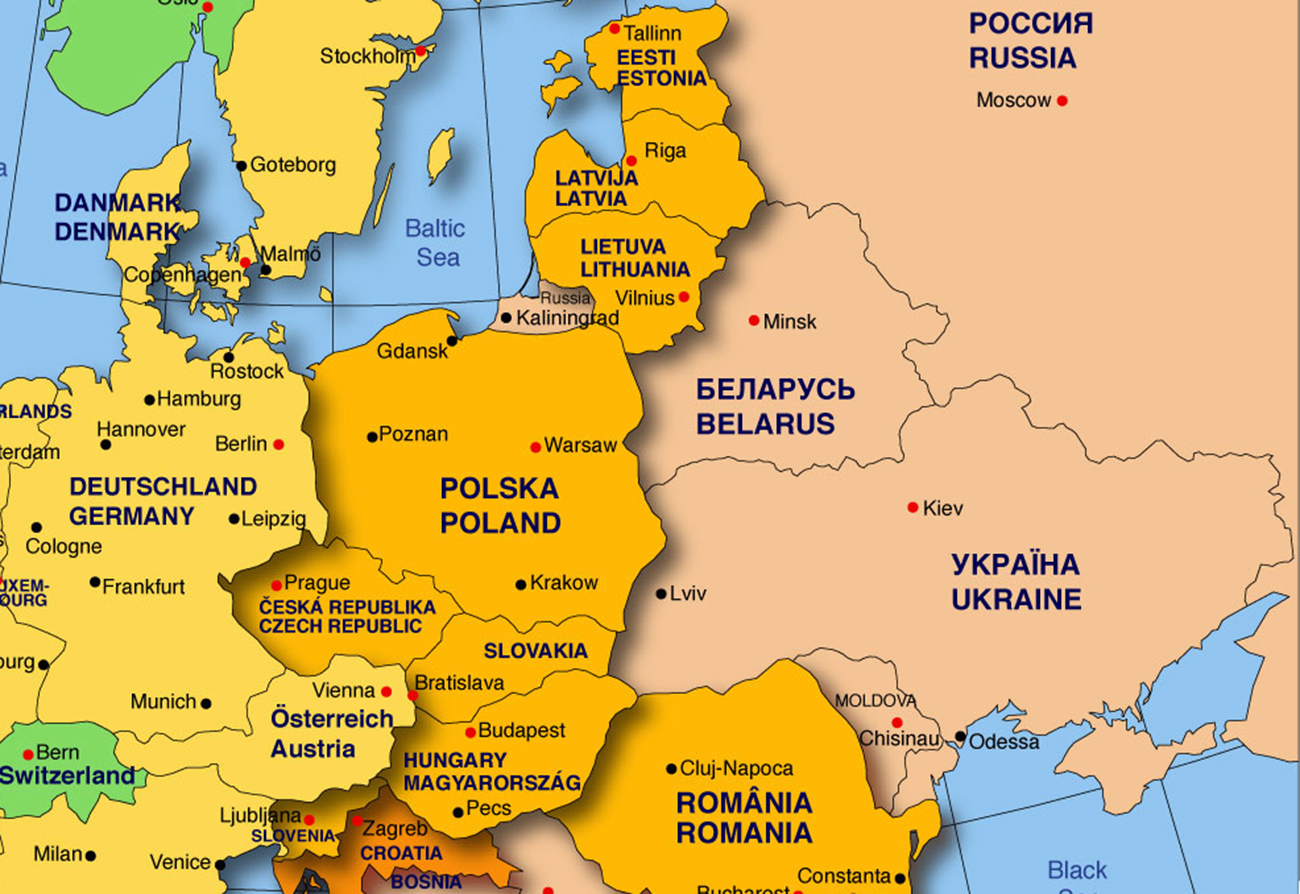A few days ago, I heard an interesting story. A historian from one of the countries of Central Europe was accused of examining the region’s history in too “Polonized” a manner. This was because he was approaching the region’s communist past in an uncompromising way, arguing for a need for de-communization. This was seen as inappropriate given the politics of the given country.
He did the right thing. The whole of Central Europe needs as much “Polonization” as possible. We are not talking about being Polon-centric or seeing Poland as in any way messianic. That is not the issue.
The issue is that the war in Ukraine has radically altered the geopolitics of Central Europe, and this carries with it both threats and opportunities. The question hanging over this region is whether it will accept remaining under the influence of Germany and Russia, or whether it will strive for independence and sovereignty to ensure its prosperity and future.
Poland is a country that should serve as an example to the rest of the region. The government in Warsaw pursues an independent, autonomous national policy. This self-aware policy, based on healthy Christian patriotism and adherence to principles, may become a model for other Central European nations.
This is not a risk-free policy. However, this is the only possible option if Poland, followed by other Central European countries, wants to ensure a secure future. A future that will be decided by these nations, not Berlin, Paris or Moscow.
That is why I believe that Central Europe, and my Croatia, need as much “Polonization” as possible.






